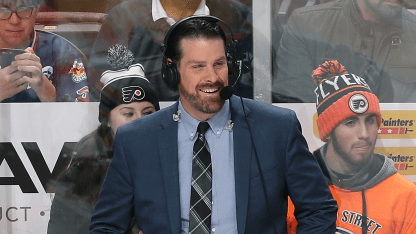There was never any doubt that Iginla, who retired in 2017, would go in on the first ballot. He was a prototype power forward; great goal scorer, tough and physical. He was a tremendous leader, and an iconic figure for the Calgary Flames franchise. Off the ice, I have never heard anyone say anything both glowing remarks about Jarome, and I can vouch from my own dealings with him that he is an outstanding human being and ambassador for our sport.

